
Longevity Risk and Healthcare Costs: Planning for the Financial Unknowns in Retirement
Advances in healthcare and improved living standards mean people are living longer than ever before. While increased longevity is a positive development, it also introduces significant financial challenges in retirement. Longevity risk, the possibility of outliving...
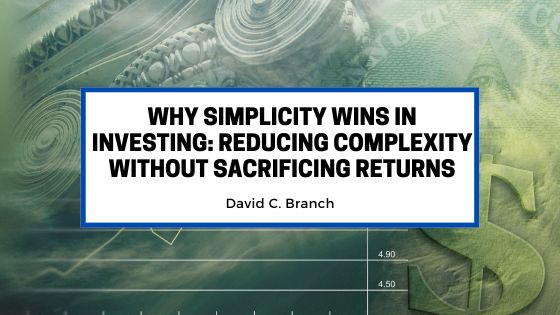
Why Simplicity Wins in Investing: Reducing Complexity Without Sacrificing Returns
Investing often feels more complicated than it needs to be. With countless products, strategies, and market opinions competing for attention, many investors believe that complexity leads to better results. In reality, simplicity often produces stronger outcomes. A...
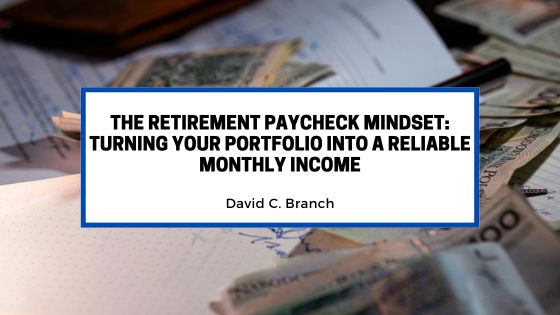
The Retirement Paycheck Mindset: Turning Your Portfolio Into a Reliable Monthly Income
For decades, work provides a predictable paycheck that supports daily living and long term goals. Retirement marks a major shift. Instead of earning income from employment, retirees must create their own paycheck from accumulated savings and investments. Adopting a...
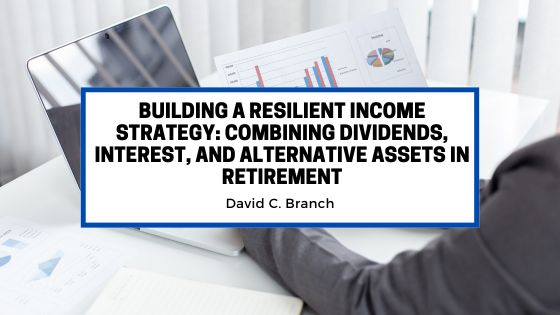
Building a Resilient Income Strategy: Combining Dividends, Interest, and Alternative Assets in Retirement
Creating reliable income in retirement is one of the most important and challenging aspects of financial planning. Unlike the accumulation years, retirement shifts the focus from growth to sustainability. Relying on a single income source can expose retirees to...
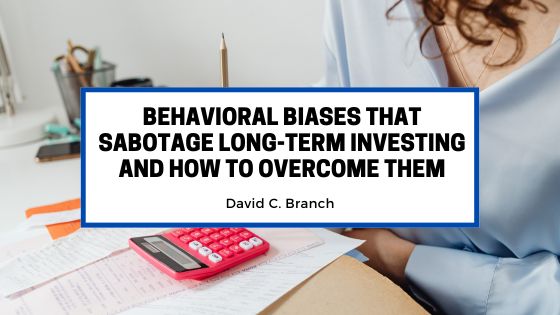
Behavioral Biases That Sabotage Long-Term Investing and How to Overcome Them
Successful investing is often portrayed as a numbers game driven by charts, data, and economic forecasts. In reality, one of the biggest determinants of long term investment success is behavior. Even well designed portfolios can fail when emotional and psychological...
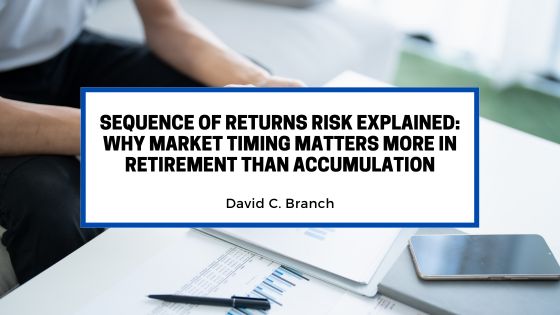
Sequence of Returns Risk Explained: Why Market Timing Matters More in Retirement Than Accumulation
When investors think about market timing, they often focus on trying to buy low and sell high during their working years. While timing matters during accumulation, it becomes far more critical in retirement due to a concept known as sequence of returns risk....
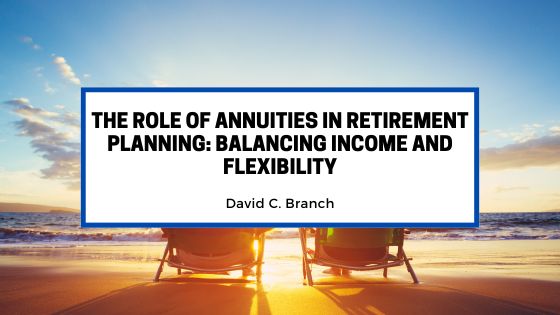
The Role of Annuities in Retirement Planning: Balancing Income and Flexibility
Planning for retirement involves more than saving money; it requires creating a strategy to generate reliable income throughout your later years. Annuities are financial products designed to provide a steady stream of income, offering retirees peace of mind and...

Smart Strategies for Managing Investment Risk in Volatile Markets
Market volatility is an inevitable part of investing. Stock prices fluctuate, interest rates change, and global events can create uncertainty overnight. While volatility can feel unsettling, it also provides opportunities for disciplined investors who know how to...
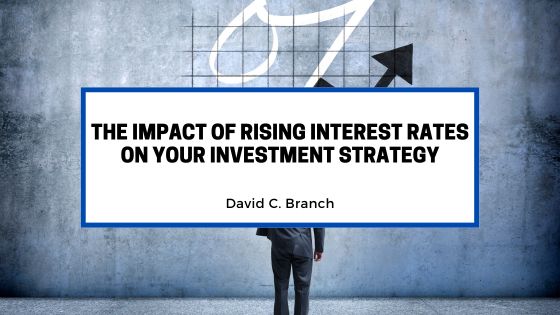
The Impact of Rising Interest Rates on Your Investment Strategy
Interest rates are a key driver of financial markets, influencing everything from borrowing costs to investment returns. When interest rates rise, the effects ripple through the economy and can significantly impact your investment strategy. Understanding how rate...
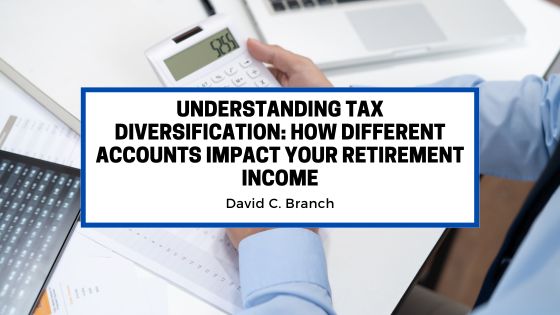
Understanding Tax Diversification: How Different Accounts Impact Your Retirement Income
When planning for retirement, most investors focus on how much they need to save. However, just as important as the amount you save is how your savings are taxed. Tax diversification, spreading your assets across accounts with different tax treatments, can make a...
